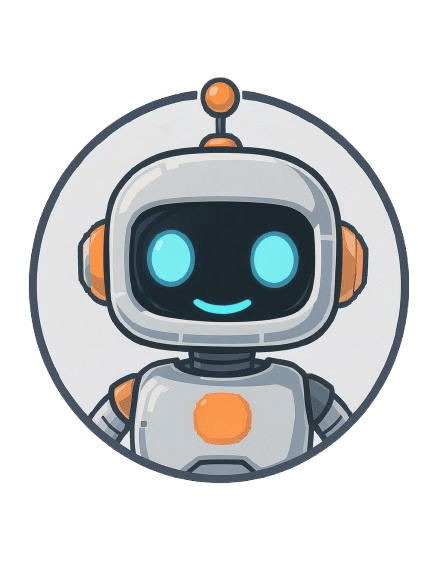
AI Buzzwords Explained: What Everyone's Actually Talking About (Plain English Guide)
Estimated read time: 12-15 minutes
🐝 Why people keep dropping AI buzzwords in meetings (and how to decode them)
Picture this: you're in a Teams meeting with the London office, and someone casually drops "AI hallucination," "token limits," and "prompt engineering" into the same sentence.
If your immediate reaction was "bloody hell, are we discussing a very peculiar drug experience involving Monopoly money and the bloke who built your kitchen extension?" - you're in excellent company.
You're not thick, and you're definitely not alone in feeling like everyone else got handed a secret decoder ring.

Here's the uncomfortable truth: The AI world has spawned more baffling jargon than a FTSE 100 board meeting run by cryptocurrency enthusiasts who've had too much coffee.
But here's the bit nobody mentions: Mastering just 5-8 key AI buzzwords will unlock 80% of AI conversations. The rest? Mostly people trying to sound clever at networking events in Canary Wharf.
What you'll learn in the next 10 minutes:
The 5 essential AI terms you'll hear everywhere (from BBC news to workplace meetings)
How to spot when someone's using AI jargon to hide their ignorance
British workplace scenarios where these AI buzzwords actually matter
The difference between legitimate AI terminology and marketing bollocks
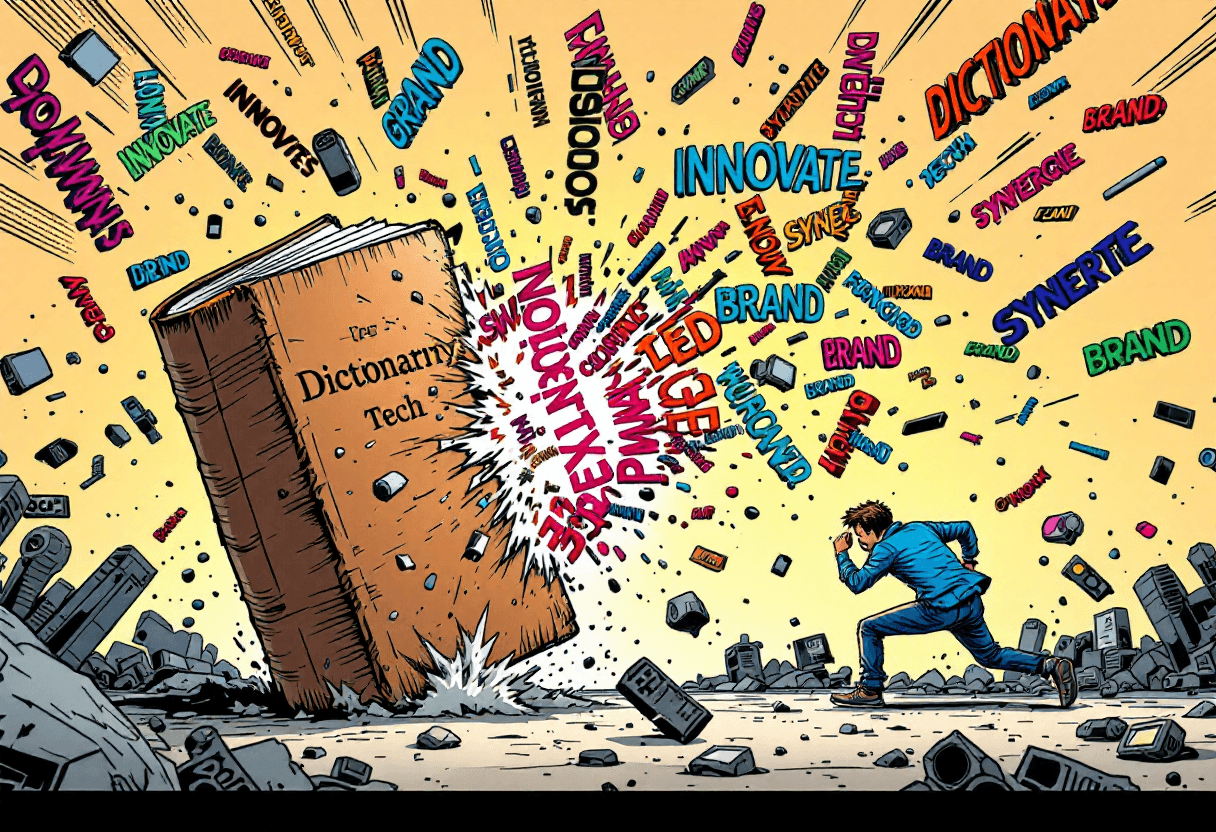
Ready to go from "what the actual hell is everyone on about?" to confidently joining the conversation? Brilliant. Let's crack on.
Now, imagine this scenario: You're reading a Guardian article about how British companies are increasingly using AI to boost productivity, but it mentions "training data bias" and "model parameters."
Instead of your eyes glazing over like you're reading the terms and conditions for mobile phone insurance, you'll actually understand what they're wittering on about and why it matters to your actual life.
Right then, let's start with the AI terms you'll encounter most often - the ones that separate AI novices from people who actually know what they're talking about.
🚨 The "You'll Hear These Daily" Essential AI Buzzwords
Master these 5 AI terms and you'll understand more AI conversations than most people confidently throwing around AI jargon in meetings. These AI buzzwords pop up everywhere from BBC news articles to casual workplace chat.

🤖 Artificial Intelligence
What it actually means: Software that can learn and make decisions without being programmed for every single situation
Plain English: Instead of giving a computer a massive instruction manual like the one that came with your washing machine (and which nobody reads), we show it examples and let it figure out patterns.
Like teaching your mate to spot a proper good local pub - you don't give them a 47-point inspection checklist, you just drag them to a few brilliant ones and let them work out what makes them special.
Confidence booster: You'll hear this in every BBC tech segment. When someone says "powered by AI," you'll know they mean "uses pattern recognition from examples" rather than "magic computer wizardry.

⚙️ Machine Learning
What it actually means: The most common way to create AI - teaching computers through examples
Plain English: It's like learning to drive in Britain. Nobody hands you a manual covering every possible combination of roundabouts, roadworks, and aggressive taxi drivers. Instead, you practice with examples until you can handle new scenarios (like navigating the M25 during rush hour without having a complete breakdown).
Real-world application: This explains how Deliveroo knows you're about to order a curry again, or how your Barclays app spots dodgy transactions.
Confidence booster: When the Financial Times mentions "machine learning algorithms," you'll know they're talking about pattern-spotting software, not sentient robots plotting world domination.
🌴 Before you get lost in the jargon jungle, grab our Free Beginner AI Cheat Sheet... it breaks down the 7 AI terms that actually matter and gives you prompts that work. No nonsense. Just instant, plain-English guidance you can bookmark and use while reading this guide.

📚 Large Language Model (LLM)
What people think it means: Some massive computer brain that knows everything and judges your search history
What it actually means: An AI trained on enormous amounts of text to understand and generate language
Plain English: Imagine someone who's read every book in the British Library, every Wikipedia article, and somehow even made it through all of Twitter without losing the will to live. That's essentially what an LLM is - except it's software, not a person with questionable life choices.
Examples you know: ChatGPT and Claude? They're LLMs.
Confidence booster: When Sky News mentions "GPT models" or "language AI," you'll know they're discussing these text-trained conversation systems, not robot overlords planning your demise.

🤯 Hallucination
What people think it means: AI having a proper psychedelic experience involving pink elephants
What it actually means: When AI confidently states information that's absolute rubbish
Plain English: You know that colleague who'll swear blind they saw you queuing at the Post Office in Croydon last Tuesday, except you were definitely on holiday in Cornwall?
That's AI hallucination - it's not taking the piss, it genuinely believes its own complete nonsense. The unwavering confidence is what makes it both hilarious and slightly terrifying.
Why this matters: Recent studies show AI can be convincingly wrong about 15-20% of factual claims - roughly the same accuracy rate as your average pub quiz team after three pints.
Confidence booster: When someone mentions "AI reliability issues," you'll know they're talking about this confident wrongness problem, not general technical failures.

🧩 Prompt Engineering
What people think it means: Some sort of fancy coding wizardry that requires a degree from Imperial
What it actually means: Getting better at asking AI questions to get useful answers
Plain English: Remember being 16 and learning how to ask your parents for things?
"Can I have some money?" (immediate rejection)
vs "I've done all my coursework, cleaned my room, and only need a tenner for the cinema because Emma's dad is driving us both ways" (surprisingly effective)
Same principle, different audience - except the audience is now a computer that's brilliant but occasionally thick as two short planks.
Reality check: There are people earning serious money just for being brilliant at talking to robots. We live in interesting times.

Bottom line: You now understand more about AI fundamentals than most people confidently throwing around AI buzzwords in meetings. And that includes the people who put "AI Expert" in their LinkedIn bio after attending one webinar.
Here's a real-world example of how these AI buzzwords connect in practice:
Scenario: You're using ChatGPT (an LLM) to draft an email to your boss about budget increases. You use prompt engineering to get better results ("Write a professional email requesting budget approval, include specific ROI figures and timeline"), but the AI hallucinates a completely made-up statistic about industry standards.
The payoff: Because you understand these AI terms, you know to fact-check the output instead of accidentally presenting fictional data to senior management. See how knowing AI jargon actually prevents career-limiting disasters?
Want to master this properly? Our how to use AI: 4 simple ways guide shows you exactly how to apply these AI concepts without looking like a complete muppet.
But first, let's cover the AI buzzwords that'll make you sound like you know what you're on about in professional settings.
⚡ Quick Fact: ChatGPT's training data included roughly 300 billion words - equivalent to 600,000 novels worth of text.
🧐 AI Terminology That Separates Beginners from Know-It-Alls
These AI buzzwords separate people who've just heard of AI from those who actually understand what they're talking about. Once you know this AI jargon, you'll spot when someone's genuinely knowledgeable vs just parroting buzzwords.

📊 Training Data
What it actually means: All the information used to teach an AI system
Plain English: Think of it as an AI's entire education - every example, dataset, and piece of information it learned from during development.
Quality training data produces reliable AI. Poor quality data? You get AI that's confidently wrong about everything, like someone who learned about British weather exclusively from holiday brochures.
Bullshit-O-Meter: 2/5 - Usually genuine, but watch for vague claims about "premium quality data" without any actual specifics
You'll sound smart when: Someone mentions AI bias and you casually mention "ah yes, that usually traces back to issues in the training data selection process"
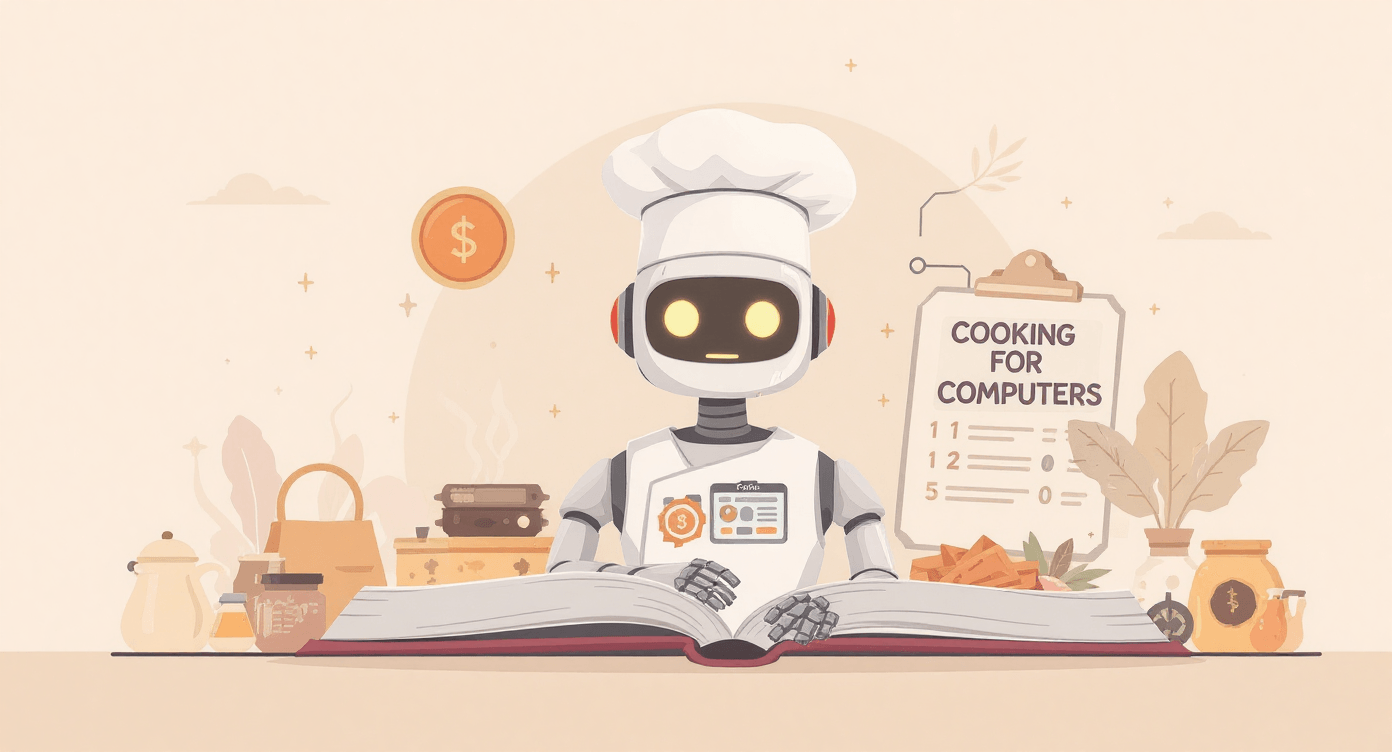
🧠 Algorithms
What people think it means: Complicated maths that only Cambridge graduates with first-class degrees could possibly understand
What it actually means: Step-by-step instructions that tell a computer how to solve problems
Plain English: Like a recipe, but for computers. "Take input, follow these steps precisely, produce output."
Every app on your phone runs on algorithms - from calculating your quickest route avoiding the M25 traffic nightmare to determining whether that Nigerian prince email is probably a scam.
Bullshit-O-Meter: 4/5 - Frequently used to make simple processes sound impressively complex. Classic corporate nonsense.
You'll sound smart when: Someone vaguely blames "the algorithm" and you ask "which specific algorithm are we discussing here?" Watch them squirm beautifully.
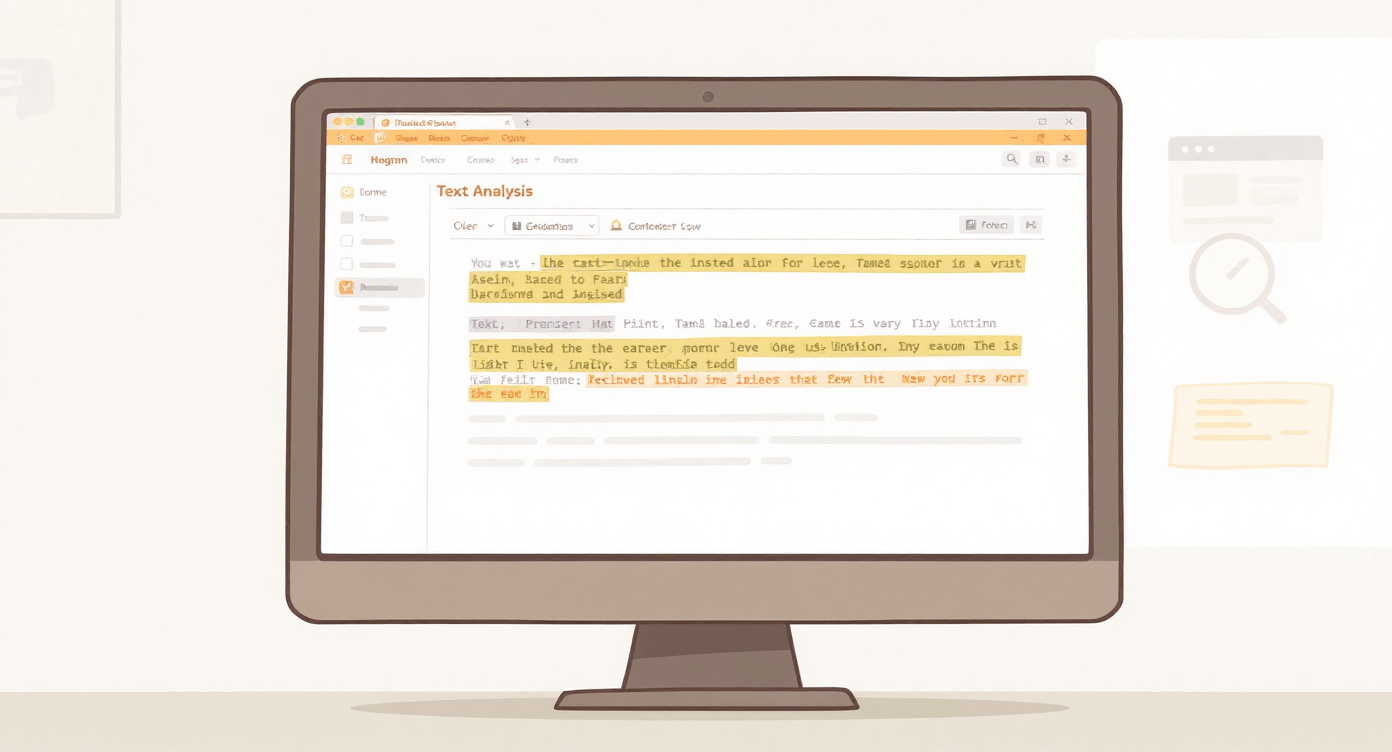
🗣️ Natural Language Processing (NLP)
What people think it means: AI that speaks with a posh accent and proper grammar
What it actually means: AI that understands and generates human language
Plain English: This is why you can have actual conversations with AI instead of typing code like you're trying to communicate with a particularly stubborn 1980's computer.
It's the difference between saying "Alexa, what's the weather like in Manchester?" and typing "EXECUTE WEATHER_QUERY LOCATION_MANCHESTER RETURN_TEMPERATURE_CELSIUS."
Bullshit-O-Meter: 1/5 - Legitimate technical term, rarely misused (refreshingly honest)
You'll sound smart when: Discussing chatbots: "The real challenge with NLP isn't just matching keywords - it's understanding context, sarcasm, and the fact that British people say 'fine' when they mean 'absolutely terrible'"
Quick translation practice: When you see "Our advanced NLP algorithm processes curated training data to minimise hallucinations," you'll know they're saying: "Our language AI uses good examples to reduce wrong answers."
Suddenly the corporate waffle makes perfect sense, doesn't it?
Key takeaway: These three AI terms show up constantly in British business discussions. Master them, and you'll never again wonder if people are speaking in code.
⚡ Quick fact: The term 'artificial intelligence' was coined at a 1956 Dartmouth conference by computer scientist John McCarthy.
💼 The "Actually Understand British Corporate AI Meetings" Terms
Right, want to be the person who actually knows what's being discussed when the head office starts banging on about AI strategy? These AI buzzwords show up constantly in British corporate discussions, from FTSE 100 boardrooms to startup meetings in trendy Shoreditch co-working spaces.

⚖️ AI Ethics
What it actually means: Ensuring AI development and use is fair, safe, and beneficial
Plain English: Making sure AI doesn't accidentally discriminate against people, invade privacy, or cause the sort of public relations disaster that gets your CEO hauled in front of a Parliamentary committee.
Think of it as having a moral compass for technology - particularly important since 40% of companies using AI have already encountered bias issues and nobody fancies being the next corporate scandal on News night.
Meeting moment: When your managing director mentions "ethical AI implementation," they're not pondering deep philosophical questions - they're terrified of legal liability and front-page embarrassment in The Times.
You'll sound smart when: Someone proposes an AI solution and you ask "have we properly considered the ethical implications and potential bias issues? Last thing we want is ending up like those companies that made headlines for all the wrong reasons"
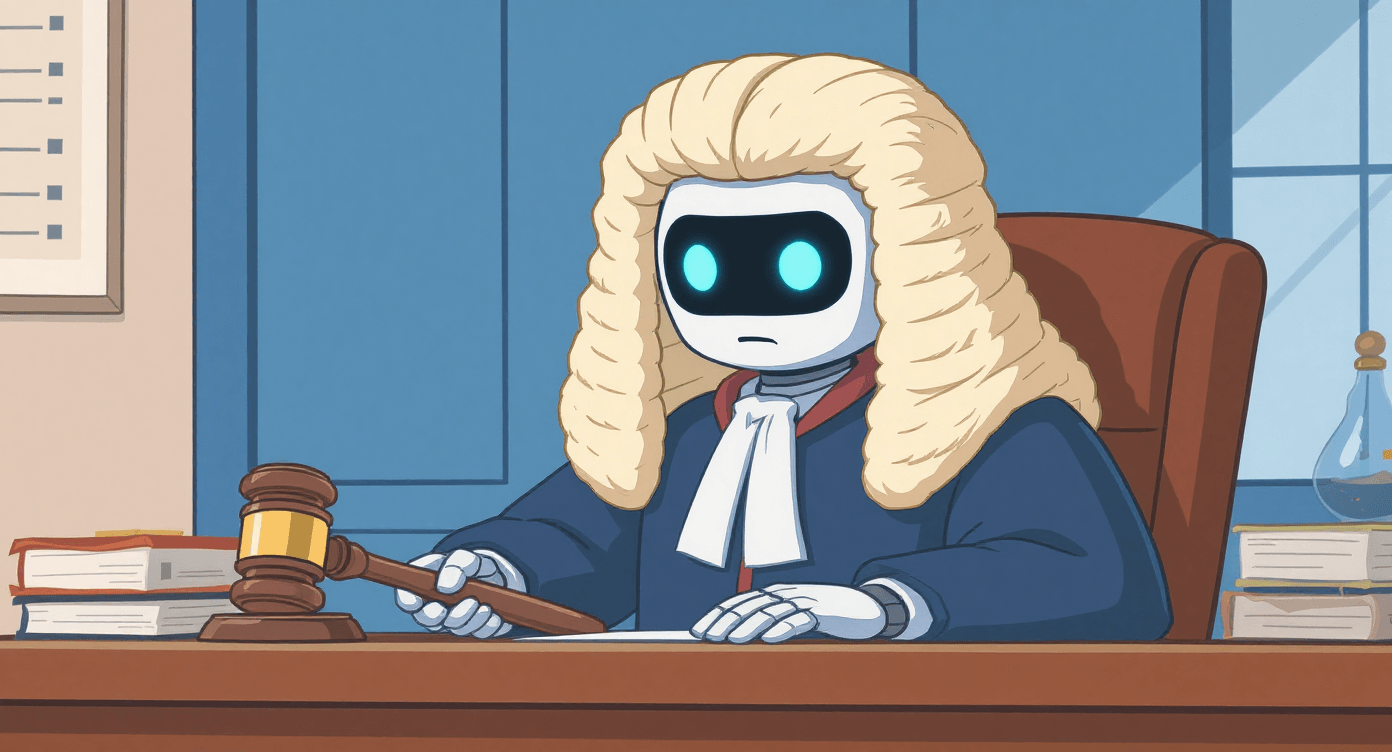
🤓 Explainable AI
What people think it means: AI that can have a proper heart-to-heart about its feelings
What it actually means: AI systems that can explain how they reached their decisions
Plain English: Instead of AI saying "computer says no" like a particularly unhelpful bank clerk, it explains "I'm rejecting this loan application because of these three specific factors: debt-to-income ratio of 67%, missed payments in the last 18 months, and employment history showing job changes every 8 months."
Meeting moment: When someone says "we need explainable AI for compliance," they mean "the Financial Conduct Authority will absolutely hammer us if we can't explain why our AI made certain decisions about customers"
You'll sound smart when: Discussing AI implementations: "Is this system transparent enough to satisfy regulatory requirements? We don't want the ICO breathing down our necks"
🥳 That “talking to your parents” analogy? There’s real science behind crafting prompts that actually work. The SPARK Method will teach you how to write prompts that get results and follow proven workflows to save hours each week.
One-time payment. No subscriptions. Just practical AI shortcuts that actually make sense.
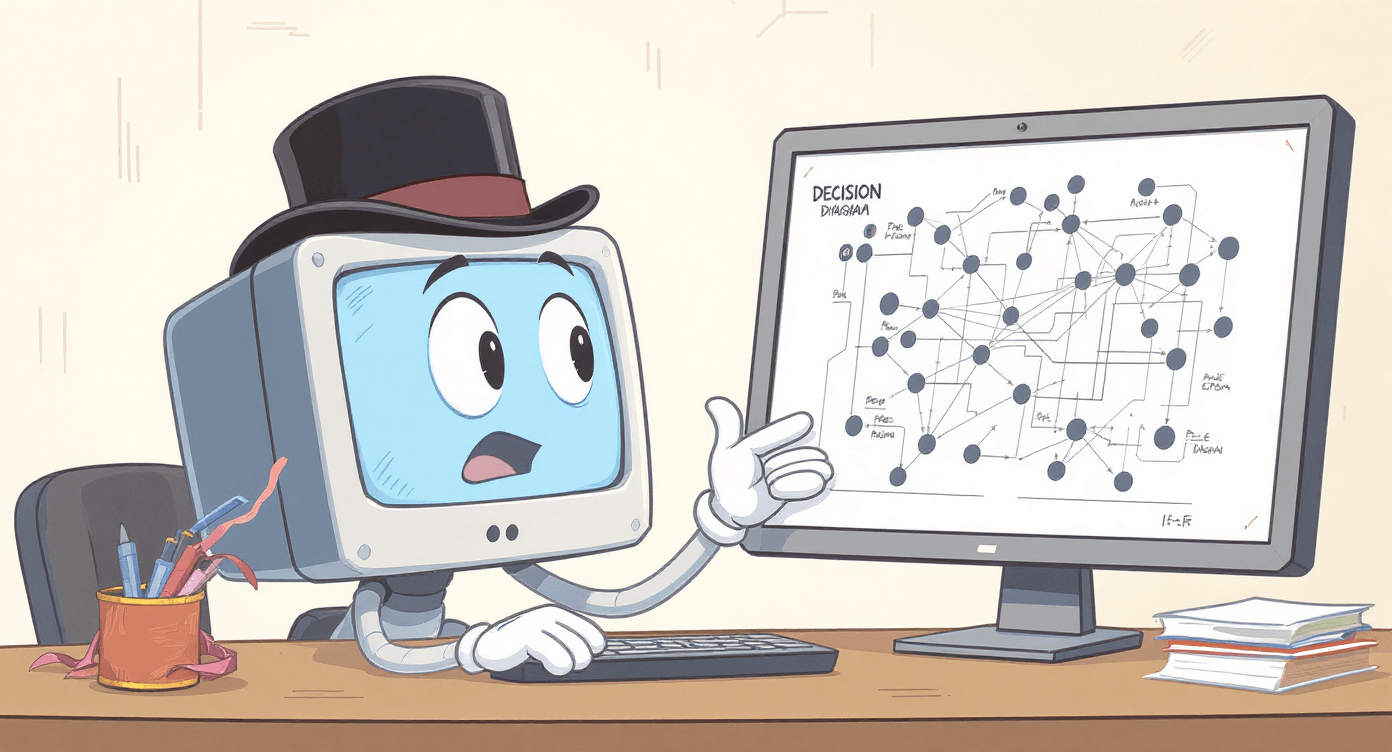
🏆 Key benefits of mastering these corporate AI terms
Sound informed in strategy meetings
Ask the right questions when consultants present "AI solutions"
Understand regulatory compliance discussions
Avoid being the person who nods along cluelessly

Corporate jargon translation: "We're implementing ethical, explainable AI solutions to leverage our training data assets while minimising hallucination risks" = "We're using AI that won't get us sued, can explain its decisions to regulators, uses our company data, and hopefully won't give embarrassingly wrong answers."
Insider knowledge: You're now better equipped for AI discussions than most people confidently using these terms in British boardrooms. Including those consultants charging £2,000 a day to explain "AI transformation strategies."
🚀 The Hype vs. Reality Check (A.K.A. "How to Spot Complete Bollocks")
These terms get bandied about when people discuss AI's future, but here's the uncomfortable truth: most are either massively over-hyped or completely misunderstood.
Learning to spot the difference will protect you from being taken for a mug by marketing departments and overenthusiastic tech bros.

🌐 Artificial General Intelligence (AGI)
What people think it means: The exact moment robots become our new overlords and start charging rent
What it actually means: AI that matches human-level intelligence across all types of tasks
Plain English: Today's AI is like having Stephen Hawking's brain attached to a particularly dim toddler's common sense. ChatGPT can write sophisticated poetry about quantum mechanics but couldn't figure out how to make a proper cup of tea if its digital life depended on it.
AGI would be AI that's competent at absolutely everything humans can do - physics, creativity, common sense, emotional intelligence, and yes, probably brewing a decent cuppa.
Timeline reality: Maybe the 2030s, maybe never, maybe when hell freezes over. Anyone claiming to know exactly when is either delusional or trying to flog you cryptocurrency.
Hype warning signs: "AGI breakthrough imminent," "human-level AI by 2026," or any headline that makes it sound like we're three weeks away from robot butlers
💼 UK businesses are rapidly embracing AI, with adoption more than doubling between 2023 and 2024 as companies recognise the productivity gains available
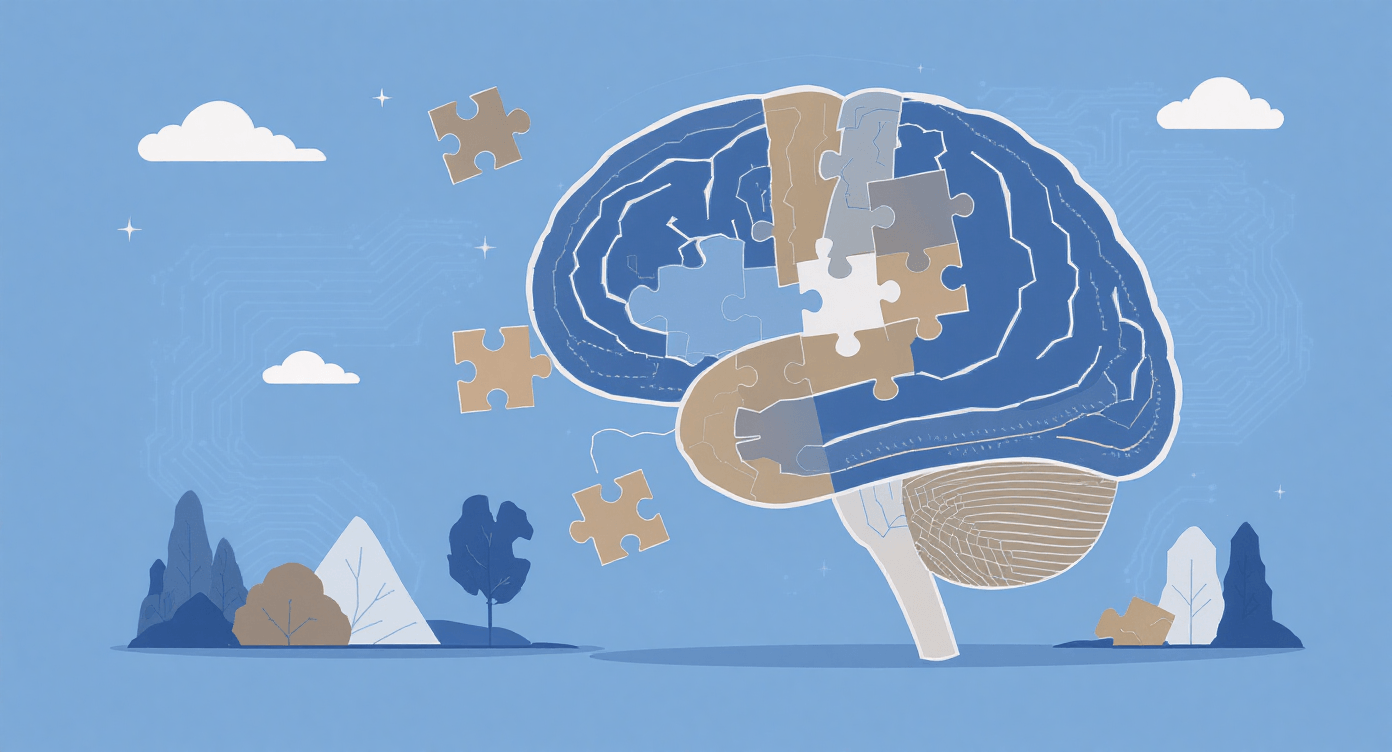
🎧 Multimodal AI
What people think it means: AI with multiple personality disorder
What it actually means: AI that can work with different types of content - text, images, audio, video
Plain English: Instead of needing separate AI for writing emails, recognising photos, and understanding speech (like having a different specialist for every conceivable task), you get one AI that handles the lot. It's like having a Swiss Army knife instead of lugging around a massive toolkit.
Reality check: This is actually happening right now, not some distant future nonsense. ChatGPT can already look at your holiday photos and write captions, which is either brilliant or slightly creepy depending on your perspective.
Translation: When some consultant says "our multimodal solution leverages cross-domain capabilities," they mean "our AI works with pictures and words, not just text"

The SimplifyAI "Complete Bullshit" Detection Test: Before believing any AI claim, ask yourself:
Are they being specific or speaking in mystical generalities? ("Revolutionises productivity" = bollocks. "Reduces email drafting time by 40%" = possibly legitimate)
Do they mention what could go wrong? (Real experts always discuss limitations; snake oil salespeople only mention benefits)
Are they trying to separate you from your money with urgent language? ("Limited time AI transformation opportunity" = definitely bollocks)
💡 Bonus points: If they use more than two buzzwords in a single sentence, they're either taking the piss or genuinely don't understand what they're saying. Either way, proceed with extreme caution.
🎯 How to Spot AI Bullshit Like a Proper Detective

Right, now that you know the real meanings, here's how to instantly identify when someone's chatting complete rubbish - a skill that's becoming increasingly valuable as every man and his dog claims to be an "AI expert"
Green flags (actual expertise):
Specific examples with real numbers: "Our customer service AI handles 73% of queries without human intervention, but escalates complex complaints to human agents"
Honest limitations discussion: "This works brilliantly for product descriptions but struggles with nuanced customer complaints involving emotional context"
Realistic timelines: "We expect gradual improvements over the next 12-18 months" (not "revolutionary transformation by next Tuesday")
They can translate jargon instantly: Ask them to explain their claims in simple terms - real experts love doing this
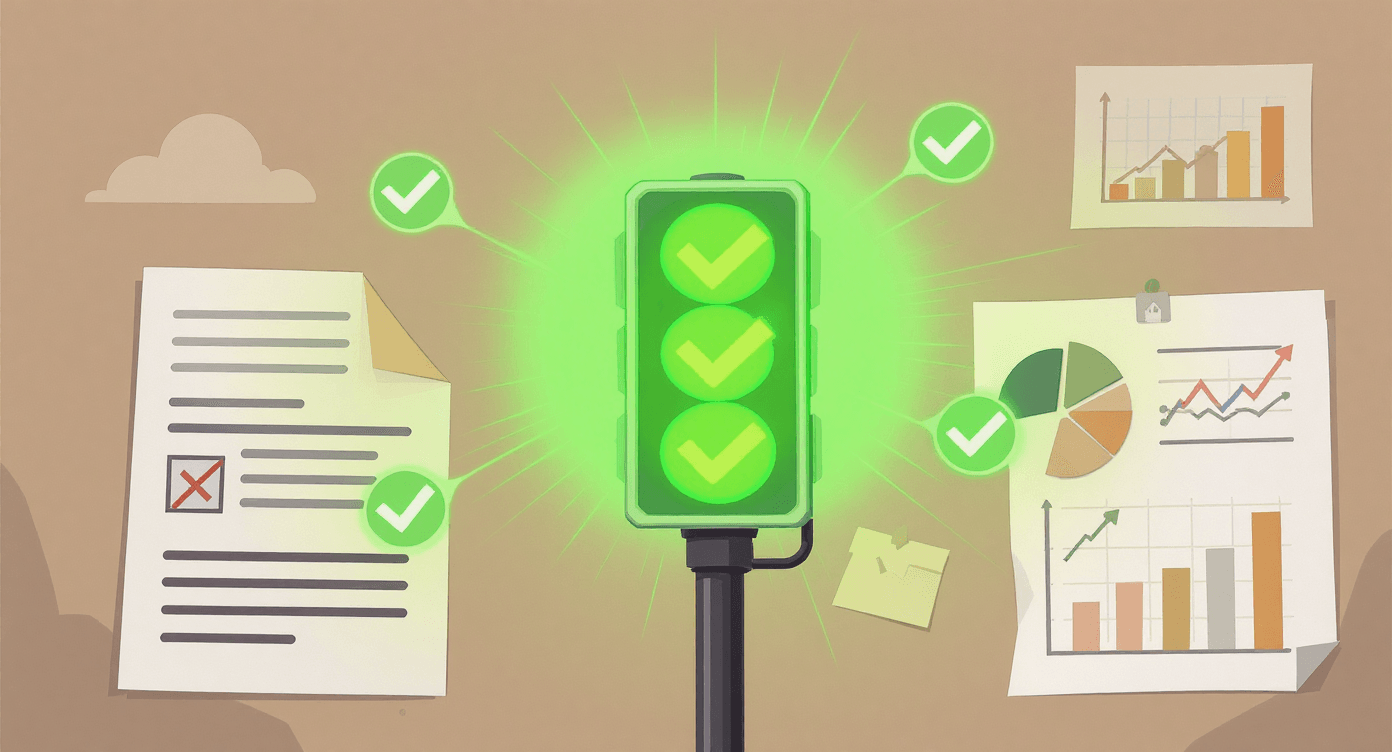
Red flags (probably taking the piss):
Buzzword bingo overkill: "Our paradigm-shifting neural architecture leverages quantum-inspired algorithms for unprecedented cognitive enhancement" (Translation: "We don't actually know what we're doing but we've definitely attended some expensive conferences")
Miracle cure language: "Eliminates all human error," "solves every business problem," "guaranteed ROI of 500%" (If it sounds too good to be true, it's probably because someone's having a laugh at your expense)
Defensive reactions: Real experts welcome questions. Charlatans get huffy when you ask them to explain their claims properly
Vague timeline urgency: "Must implement immediately to stay competitive" without explaining why the rush
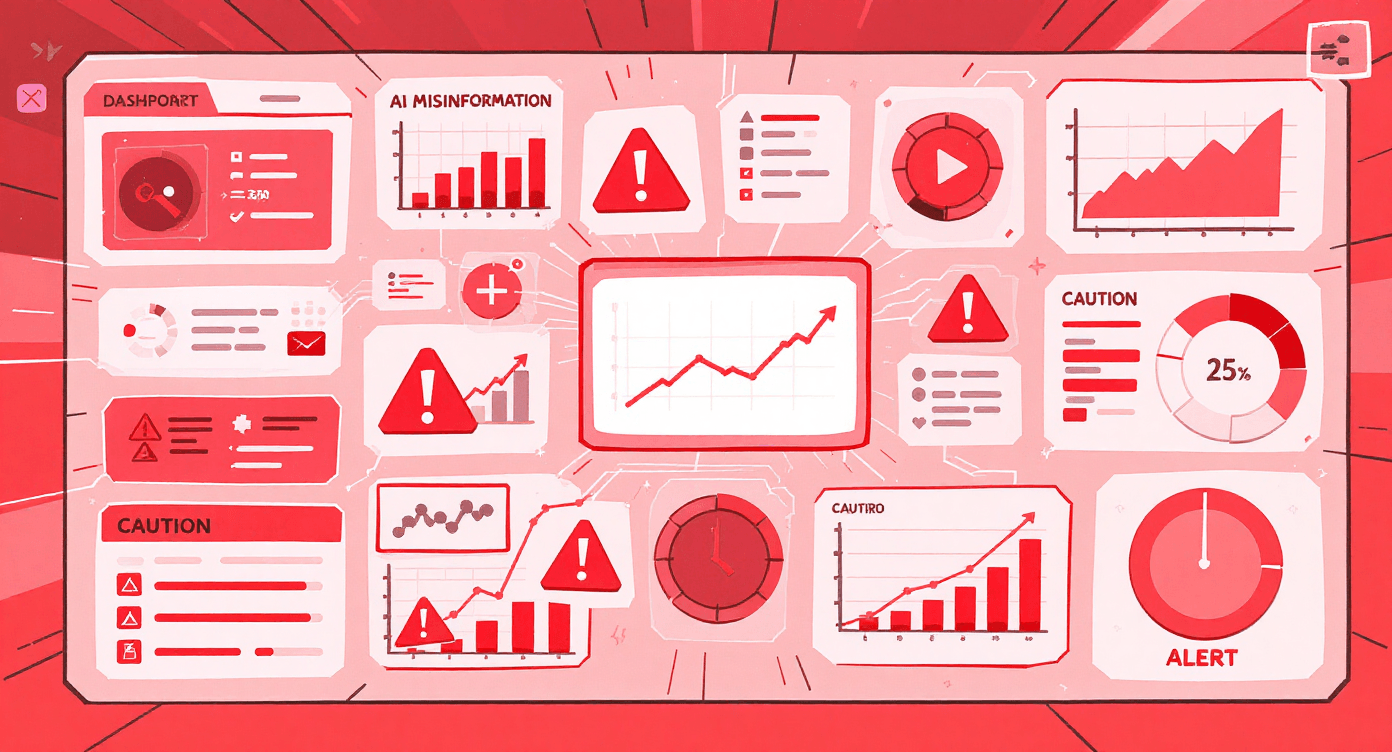
Real examples from British business headlines:
Hype: "London Fintech Achieves Human-Level AI Intelligence"
Reality: "London company's AI performs well on specific financial analysis tasks but requires human oversight for complex decisions"
Hype: "Revolutionary AI Breakthrough Transforms UK Manufacturing"
Reality: "Manchester factory reduces quality control errors by 12% using computer vision technology"
Your secret weapon for any situation: If someone can't explain their AI terminology using words suitable for explaining to your nan over Sunday roast, they probably don't understand it themselves. Don't be shy about asking "sorry, could you put that in normal English?" - half the room will mentally thank you for having the courage to ask.
The ultimate litmus test: When you can spot someone confidently misusing AI terminology in a meeting, you've officially graduated from confused bystander to informed observer. And honestly? It happens more often than a delayed Southern Rail service.
🎓 Your Buzzword Mastery Action Plan (With Built-In British Reality Checks)
Here's your completely non-overwhelming road map to AI fluency - designed for people who'd rather be getting on with actual work than memorising tech terminology.

Week 1 Challenge: Master just the 5 "Daily Essentials" terms. Test yourself by correctly using one when reading the Telegraph's tech section or in your next Teams call with head office. Don't be a hero - just five terms, then reward yourself with a proper cup of tea.
Confidence milestone: When you read "LLM hallucination concerns" in a BBC article and immediately think "ah, AI giving confident wrong answers" rather than "what the bloody hell are they on about now?"
Week 2 Challenge: Add the "Know-It-Alls" terms when you encounter them naturally in British business contexts. Still ignore the corporate terms unless they come up in your actual work meetings.
Confidence milestone: When some consultant mentions "algorithmic bias in training data" and you know exactly what they're discussing (and whether they actually understand it themselves)
Week 3 Challenge: If you're feeling confident (and only if), tackle the corporate terms for work situations. Save the hype detection skills for when someone tries to sell you "revolutionary AI solutions."
Confidence milestone: When you can mentally translate corporate AI-speak into normal English in real-time during meetings
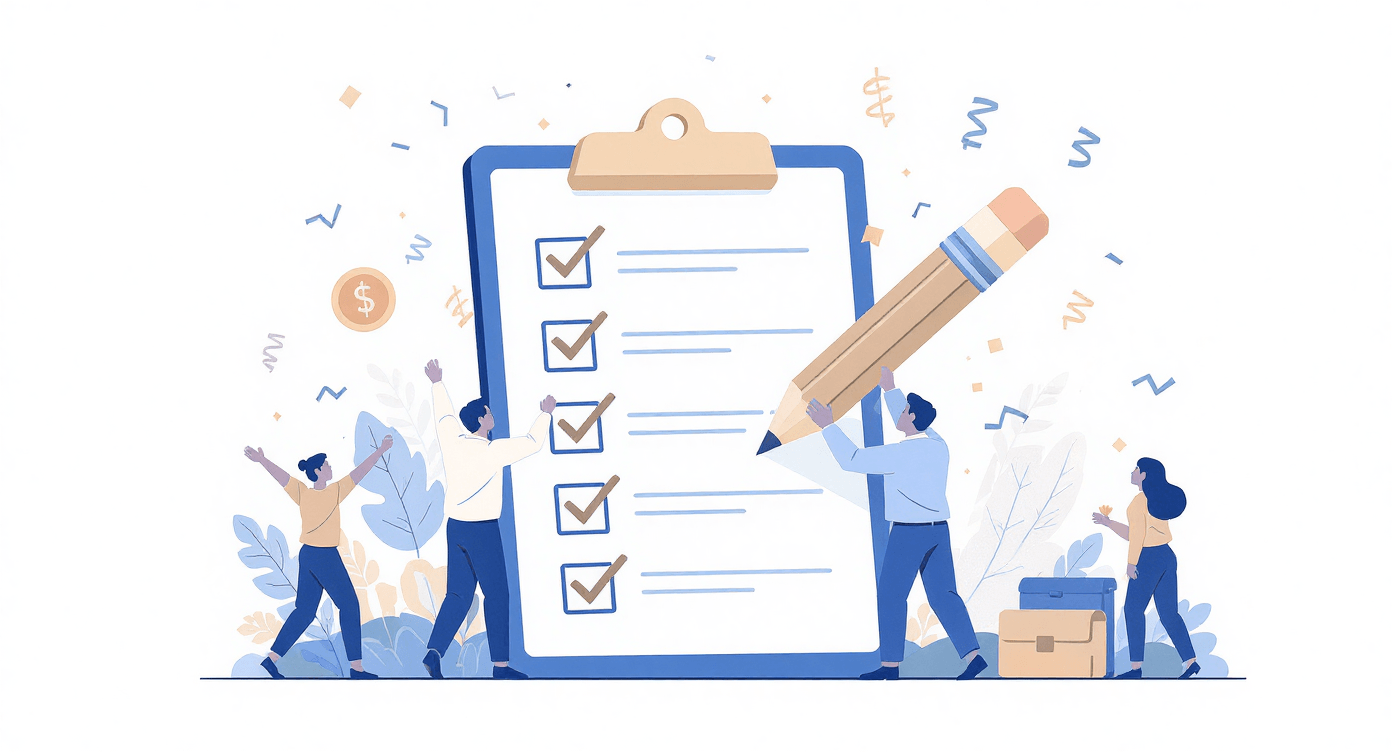
Progress tracker checklist:
Can explain what AI hallucination means to a confused colleague without sounding like a complete know-it-all
Understand why training data quality matters more than fancy algorithms
Know the difference between legitimate AI developments and marketing bollocks
Feel confident asking "sorry, what does that actually mean in practice?" when someone drops unexplained jargon
Can spot when someone's using buzzwords to hide the fact they haven't got a clue

The ultimate British test: When someone in your next meeting confidently misuses AI terminology, you'll know. That moment when you think "actually, mate, that's not what machine learning means at all" - that's when you've properly mastered this.
Congratulations, you're now part of the small group of people who actually understand what they're talking about.
Confidence booster: Most people throwing around AI buzzwords don't fully understand them either. You're already miles ahead by seeking out proper explanations instead of just nodding along like a Churchill dog and hoping nobody asks follow-up questions.
🍾 Ready to put this knowledge into practice without looking like a complete muppet? Our 5 common mistakes beginners make guide will help you avoid the pitfalls that trip up most newcomers to the AI world.
📝 The Bottom Line
You started this post feeling like everyone else had been handed a secret AI dictionary whilst you were left standing there like someone trying to order a pint in a language you don't speak.
You're finishing it with the ability to spot when someone actually knows their onions versus when they're just throwing around impressive-sounding words to disguise their complete ignorance.
Here's what you've accomplished, and it's not nothing.
You now understand core AI vocabulary better than most people confidently using these terms in professional settings.
That's not me being kind - it's the reality of a world where buzzwords spread faster than actual understanding through British corporate culture.

Next time some consultant mentions "leveraging AI hallucination mitigation strategies" in a meeting, you won't sit there wondering if you've accidentally wandered into a parallel universe. You'll know exactly what they mean (and whether their proposed solution actually addresses the real problem, or if they're just stringing together expensive-sounding words).
When BBC Technology correspondents discuss "large language models transforming business processes," you'll understand both the genuine technology and the media hype surrounding it. More importantly, you'll be able to distinguish between legitimate AI developments and marketing departments having a field day with fancy terminology.
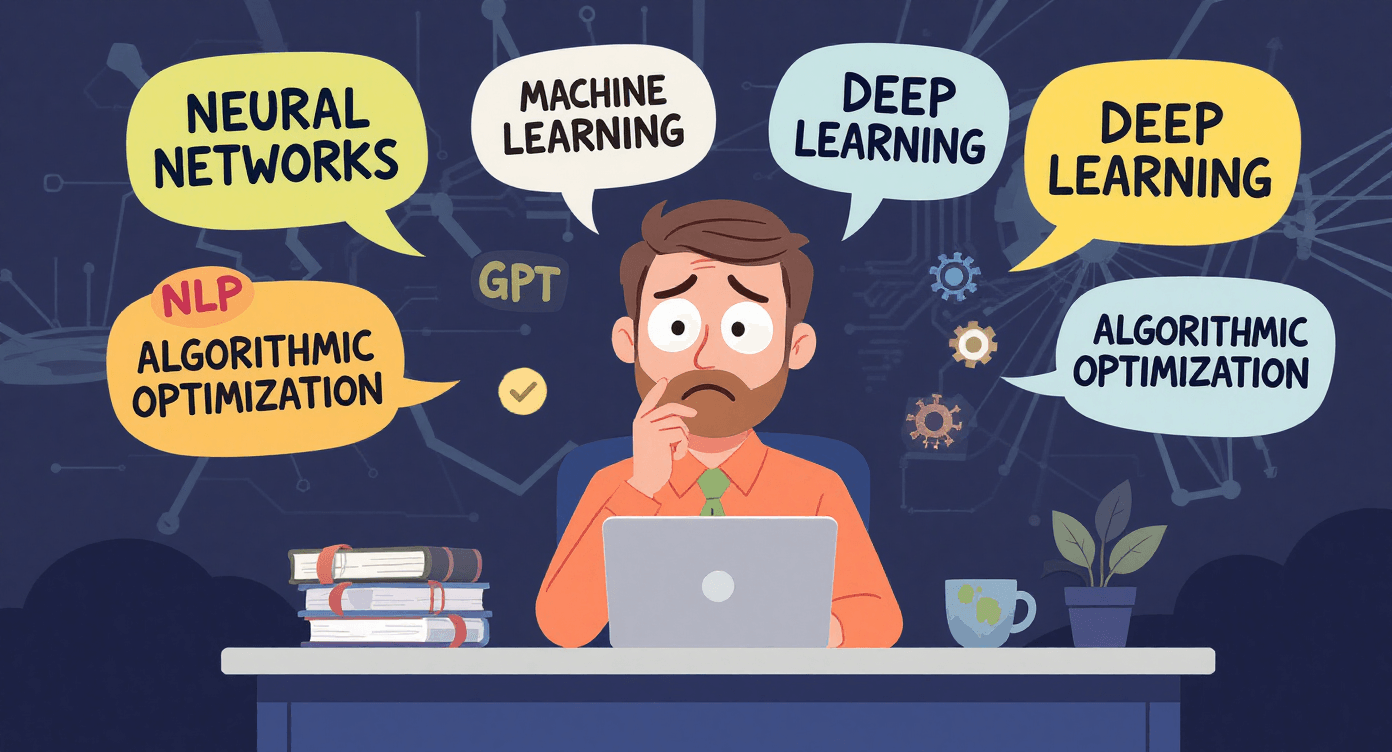
The AI world absolutely loves its jargon - partly because it makes everything sound more impressive, partly because it keeps the uninitiated feeling like outsiders. But now you're fluent in the language. Better yet, you can distinguish between genuine expertise and complete bollocks - a skill that's becoming increasingly valuable as every company scrambles to appear "AI-ready."
Go forth and confidently decode every AI conversation. And remember the golden rule: when someone can't explain their AI terminology in language suitable for a chat down the local, they probably don't understand it themselves. You're now equipped to be the person who asks the right questions, cuts through the nonsense, and keeps meetings grounded in reality rather than floating off into buzzword fantasy land.
The future belongs to people who can navigate AI effectively, not those who can simply parrot the latest Silicon Valley terminology with a straight face. You've just taken a significant step toward being one of them. And frankly, it's about bloody time someone did.
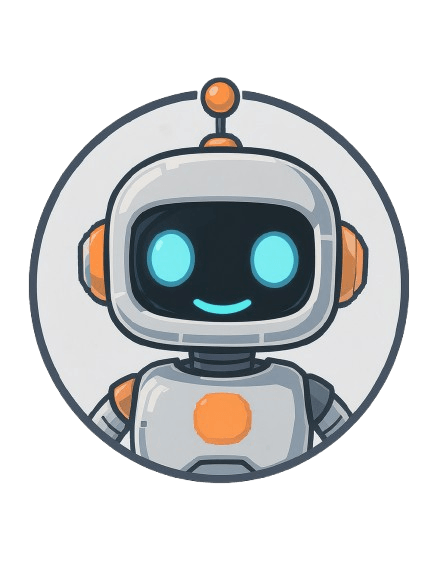
Simplify AI
Making AI make sense -- one prompt at a time
Declaration
Some links on this site are affiliate links.
I may earn a small commission, but it doesn't
cost you anything extra.
I only recommend tools i trust
Thank you for your support
Socials
Location
Based in Mansfield, Nottinghamshire
Simplifying AI for beginners, no matter
where you're starting from.
All Rights Reserved.